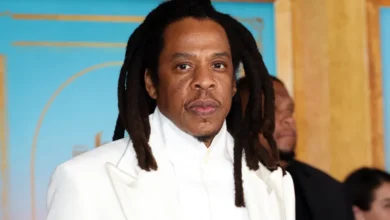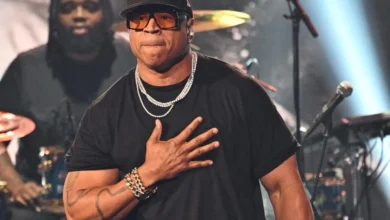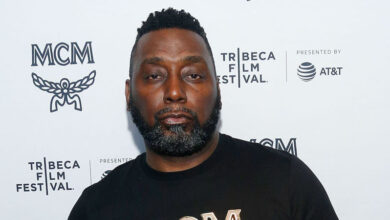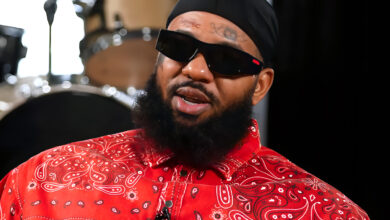Inside Cam’ron and Jay-Z Beef
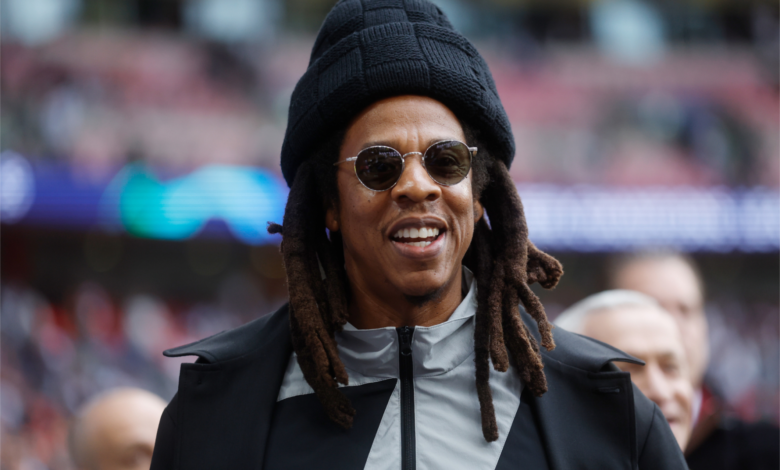
Hip-hop has always been built on competition, and over the years, fans have witnessed many high-profile feuds. One that stands out in the early 2000s is the beef between Harlem rapper Cam’ron and Brooklyn legend Jay-Z. What started as subtle shots soon escalated into one of rap’s most talked-about rivalries, influencing the culture and revealing the complexities of ego, power, and position in the music industry.
The tension between the two artists traces back to the early 2000s when Cam’ron and his group The Diplomats (Dipset) signed to Roc-A-Fella Records, the label co-founded by Jay-Z, Damon Dash, and Kareem “Biggs” Burke. Cam’ron, brought in by Dash, quickly rose in popularity and was appointed Vice President of Roc-A-Fella — a move that reportedly didn’t sit well with Jay-Z, who had not approved the decision.
The dynamic shifted further when Jay-Z became president of Def Jam in 2004, gaining control over Roc-A-Fella. With Dash pushed out, and tensions rising, Cam’ron and Dipset began to distance themselves from the label. What had once been an opportunity for unity turned into a cold war of words, business moves, and public jabs.
In 2006, the beef became official when Cam’ron dropped the diss track “You Gotta Love It,” where he directly targeted Jay-Z, calling him out over his age, style, and alleged industry manipulation. The track was bold, accusing Jay of everything from blocking opportunities to appropriating trends started by others. Cam’ron followed up with another diss, “Swagger Jacker,” which compiled audio clips of Jay-Z allegedly borrowing lines and flows from other rappers.
Jay-Z responded with subtle shots rather than direct tracks, opting to play the long game. Lines aimed at Cam’ron appeared in freestyles and interviews, but Hov never dedicated an entire track to the feud. This contrast in approach — Cam’s raw aggression versus Jay’s calculated calm — became a defining feature of the beef.
For fans, the feud was a fascinating glimpse into the internal politics of hip-hop. It wasn’t just about music; it was about business, power, and pride. Cam’ron represented Harlem bravado and street authenticity, while Jay-Z embodied the corporate crossover and mogul mindset. Their clash reflected a broader conversation in rap about staying true to the streets versus climbing the industry ladder.
Over the years, the beef cooled down. In later interviews, both rappers acknowledged the rivalry but didn’t seem interested in reigniting it. Cam’ron has even stated there’s no real animosity anymore, noting that the beef was a product of timing, miscommunication, and egos. Jay-Z, consistent with his quiet approach, has remained mostly silent, letting time smooth over the tension.
Today, the Cam’ron and Jay-Z beef remains a significant chapter in hip-hop history. It showcases how competition in rap can both elevate and divide artists. It also highlights how the business side of the music industry can complicate personal relationships. While the diss tracks may have faded from the charts, the legacy of this clash still resonates with fans who lived through that electrifying era of hip-hop.

